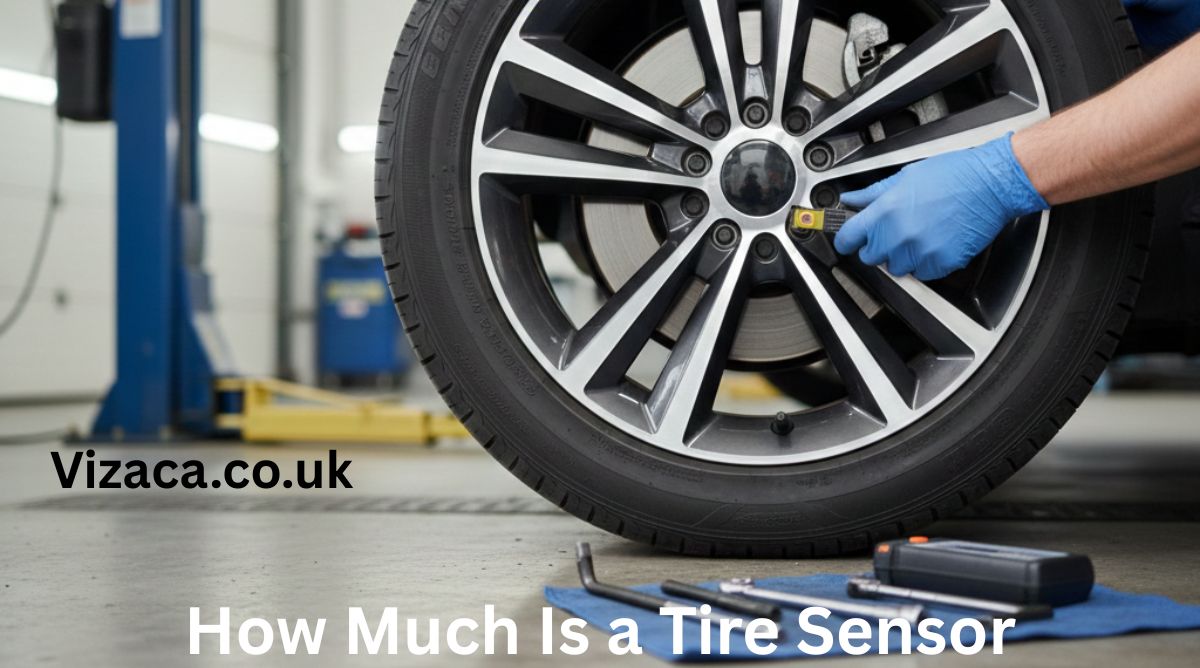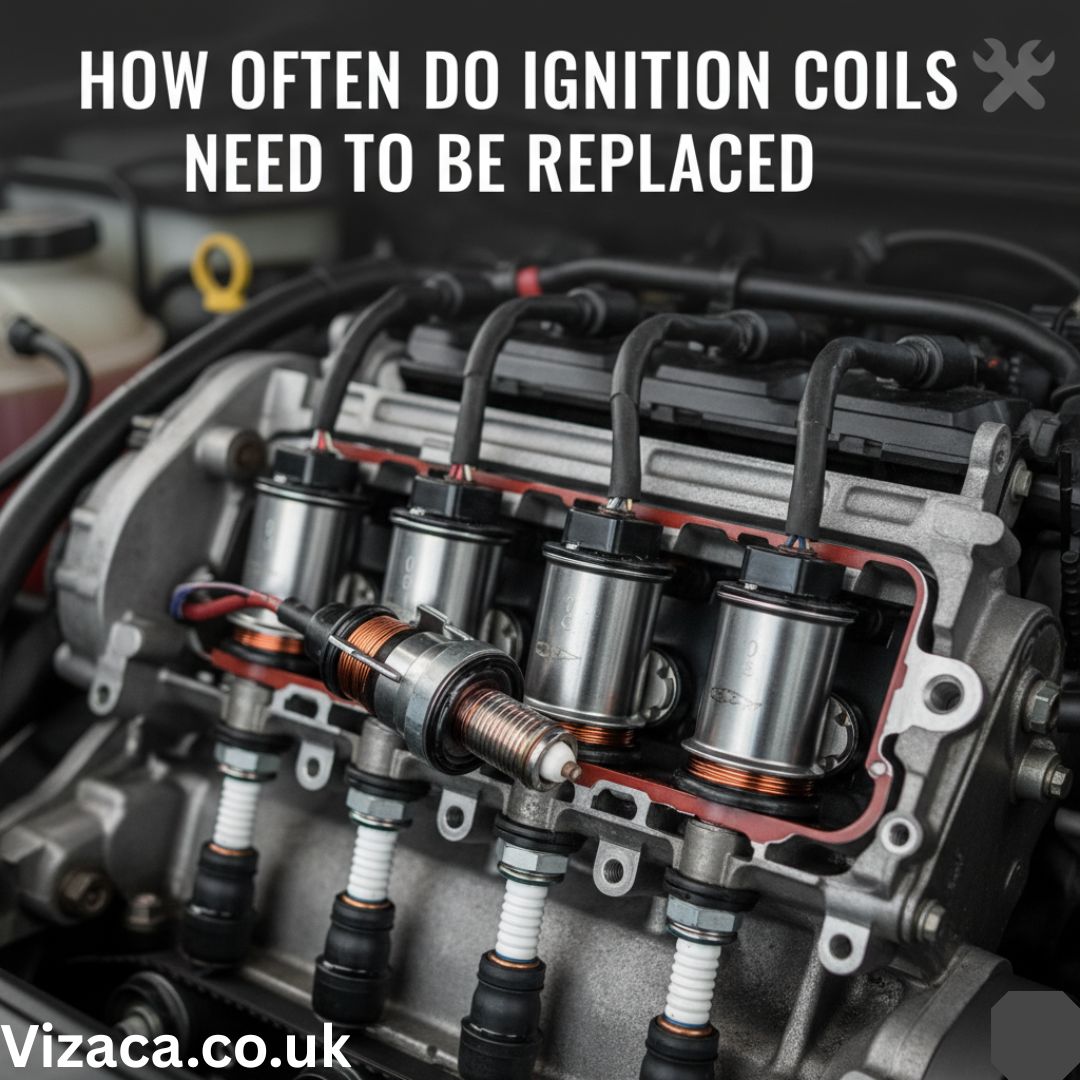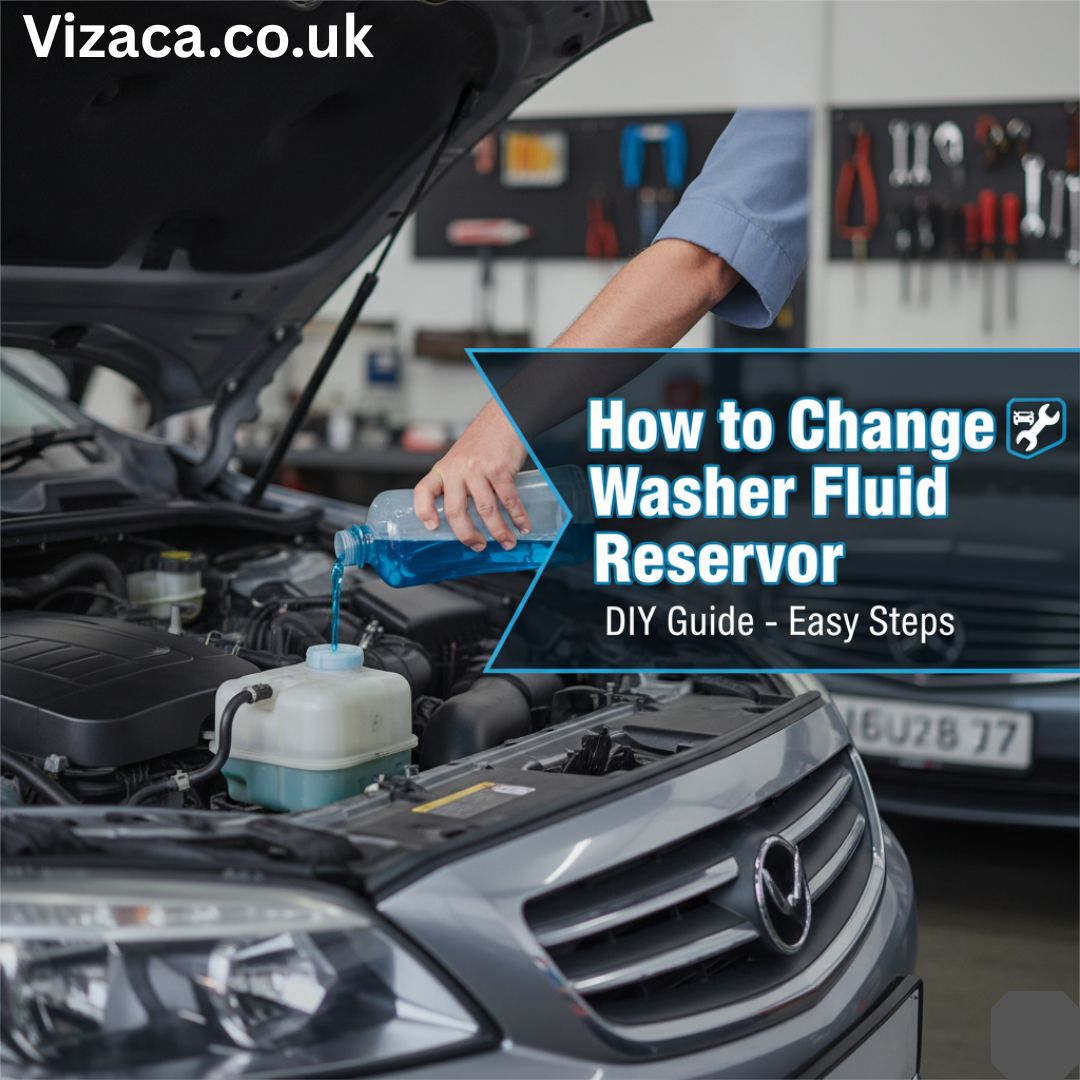Yes, the catalytic converter can affect acceleration—especially if it’s clogged or failing.
While its main job is to reduce harmful emissions, it also plays a key role in your exhaust system. If it isn’t functioning properly, your engine’s performance, power, and fuel efficiency can suffer.
What Does a Catalytic Converter Do?
The catalytic converter is part of your vehicle’s exhaust system. It:
- Converts harmful gases (like carbon monoxide and nitrogen oxides) into safer emissions
- Relies on internal materials (platinum, palladium, rhodium) to trigger chemical reactions
- Allows exhaust gases to flow smoothly from the engine to the tailpipe
How It Affects Acceleration
✅ When It’s Working Properly:
- It does not restrict power
- Exhaust gases flow efficiently, allowing the engine to breathe and accelerate smoothly
❌ When It’s Failing or Clogged:
- Exhaust flow becomes restricted, like a plugged pipe
- Causes backpressure, which makes it harder for the engine to push out gases
- Leads to symptoms like:
- Sluggish acceleration
- Loss of power under load
- Reduced throttle response
- Increased fuel consumption
- Check engine light (with codes like P0420 or P0430)
Signs Your Catalytic Converter Is Affecting Acceleration
- Your car hesitates or stumbles when accelerating
- Feels like it’s “choking” or lagging when you press the gas
- You hear a rattling sound from under the car (if the internal material is breaking apart)
- Strong sulfur or rotten egg smell from the exhaust
- Poor fuel economy with no obvious reason
Can It Be Cleaned or Fixed?
- Minor carbon buildup may be improved with fuel system cleaners or catalytic converter cleaners
- Severely clogged converters usually need to be replaced
- Regular maintenance (like fixing misfires or oil burning) can prevent premature damage
Final Thoughts
Yes, a catalytic converter can absolutely affect acceleration if it’s not working properly.
A clogged or damaged converter creates backpressure, which can rob your engine of power and make driving feel sluggish. If you notice a drop in acceleration and suspect your catalytic converter, it’s worth having it diagnosed before it leads to more serious engine issues.










